Protein is the key to keeping cravings at bay, building lean muscle and dropping those last few pounds. But according to a new review published in Applied Physiology, Nutrition and Metabolism, it’s not just how much protein you eat that’s important: It’s where you get your protein that also matters.
The reason is threefold. First of all, every source of protein — from chicken to peanuts — contains a different array of amino acids, the building blocks of protein. Of the 20 various amino acids, nine are “essential,” meaning you can only get them from food. So it’s especially important you get enough of those guys.
Animal-based sources (meat, eggs, dairy) pack them all in one amount or another, but most plant-based sources only contain a fraction of the nine essential amino acids, meaning that if you get all your plant-based protein from peas, you could end up not getting enough of certain amino acids, explains study co-author Rajavel Elango, a nutrition and metabolism researcher with the University of British Columbia’s School of Population and Public Health. When getting protein from plant-based sources, it’s important to munch on various protein-rich plants at every meal to help guarantee you get all of the amino acids you need by day’s end.
FYI, that’s not an excuse to forgo your veggies and get your protein fix from T-bone steaks at breakfast, lunch and dinner. After all, (and this is our “second of all”) that would easily put you over the top in terms of your caloric, saturated fat and cholesterol intake. That protein plan would backfire big time.
Third of all — and this might be the most important reason to choose your protein sources wisely — every food packages protein alongside its own brand of vitamins and minerals, Elango says. Some sources are rich in B vitamins; others in iron, and some aren’t rich in anything at all. Remember: Your body can’t do much with protein if you’re deficient in essential nutrients.
Want to make sure you’re getting your protein from all of the right places? Here are some of the healthiest protein-packed foods you can eat:
Eggs
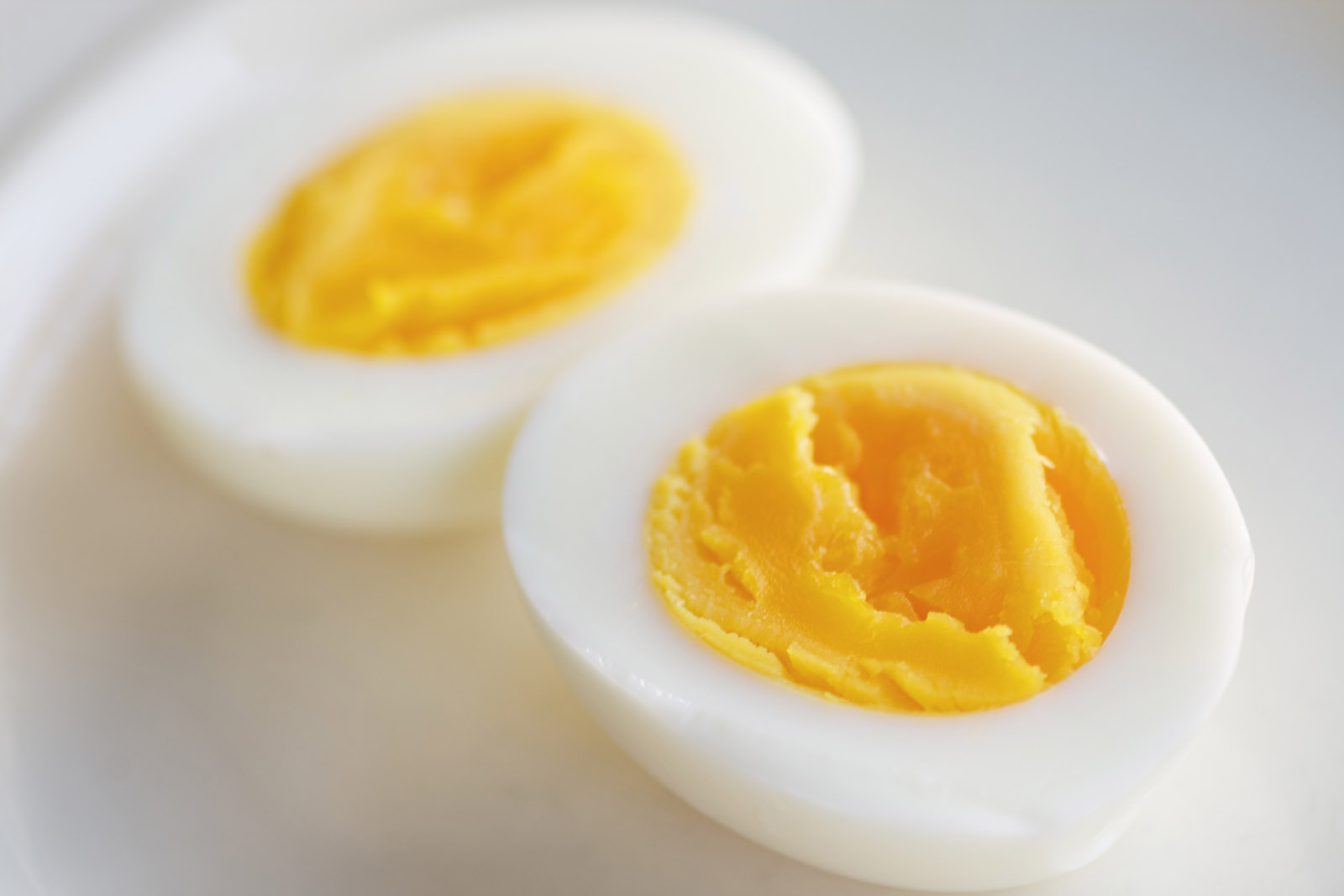
They don’t just contain 6 grams of protein each. They contain 6 of the most valuable grams of protein around, says registered dietitian nutritionist Bonnie Taub-Dix, a U.S. News Eat + Run blogger, owner of the nutrition consultancy Better Than Dieting and author of “Read It Before You Eat It.” Eggs rate the highest in terms of their “biological value,” the proportion of protein that, when eaten, helps form proteins and tissues in your body. Plus, they’re rich in choline as well as vitamins B-12 and D, all of which are critical to keeping your energy levels up and cells humming along as they should. And there might not be a heart-health downside to eating them, after all. According to research published in the British Journal of Medicine, you can eat an egg a day without increasing your heart disease or stroke risk.
Cottage Cheese
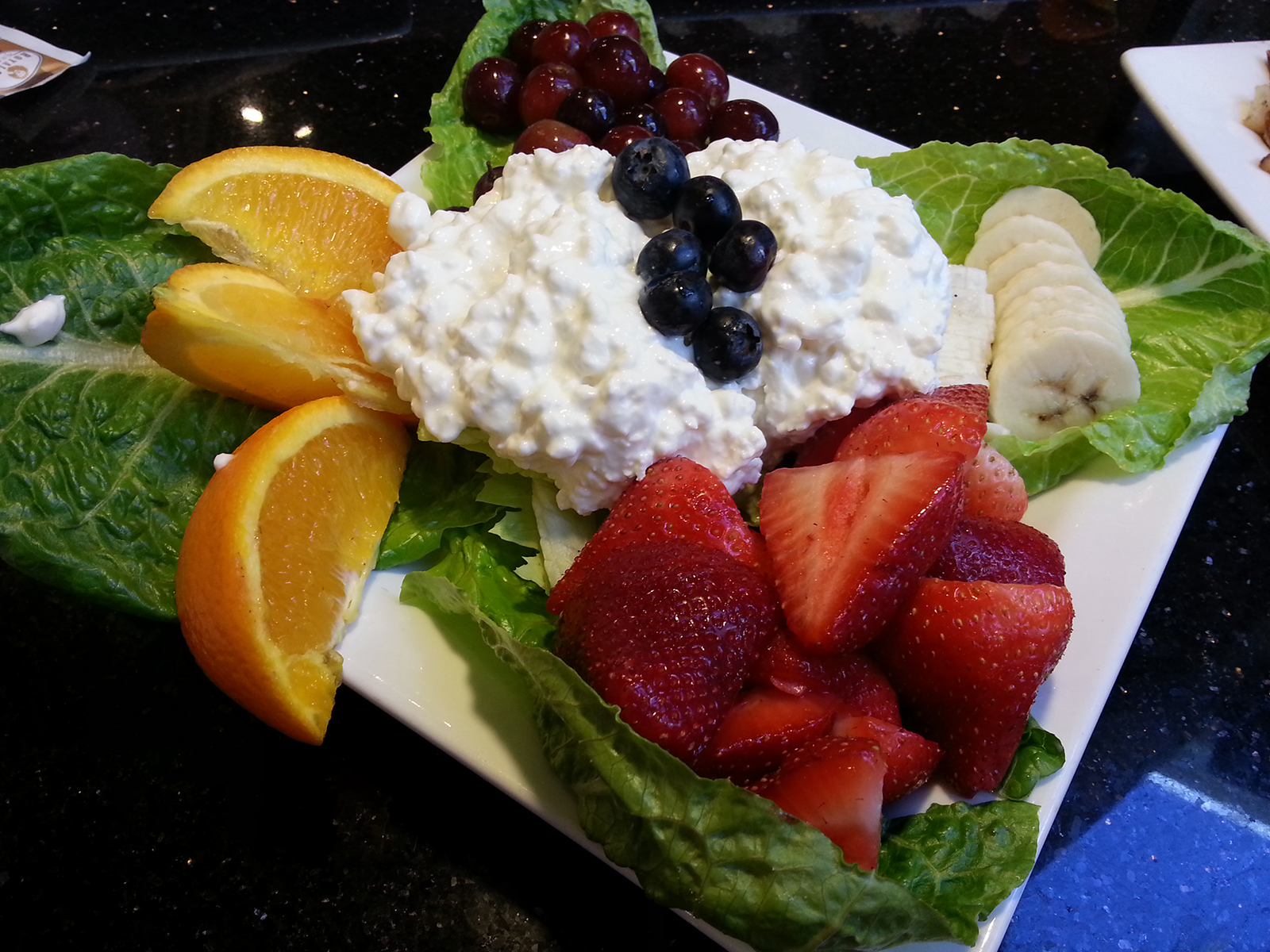
Perhaps the most underrated cheese known to man, cottage cheese contains 25 grams of protein and 18 percent of your daily calcium needs in a single cup, says registered dietitian Jim White, spokesman for the Academy of Nutrition & Dietetics and owner of Jim White Fitness training studios in Virginia. Also noteworthy: It’s rich in casein, the slowest-digesting protein you can eat, helping fend off hunger for hours.
Chicken
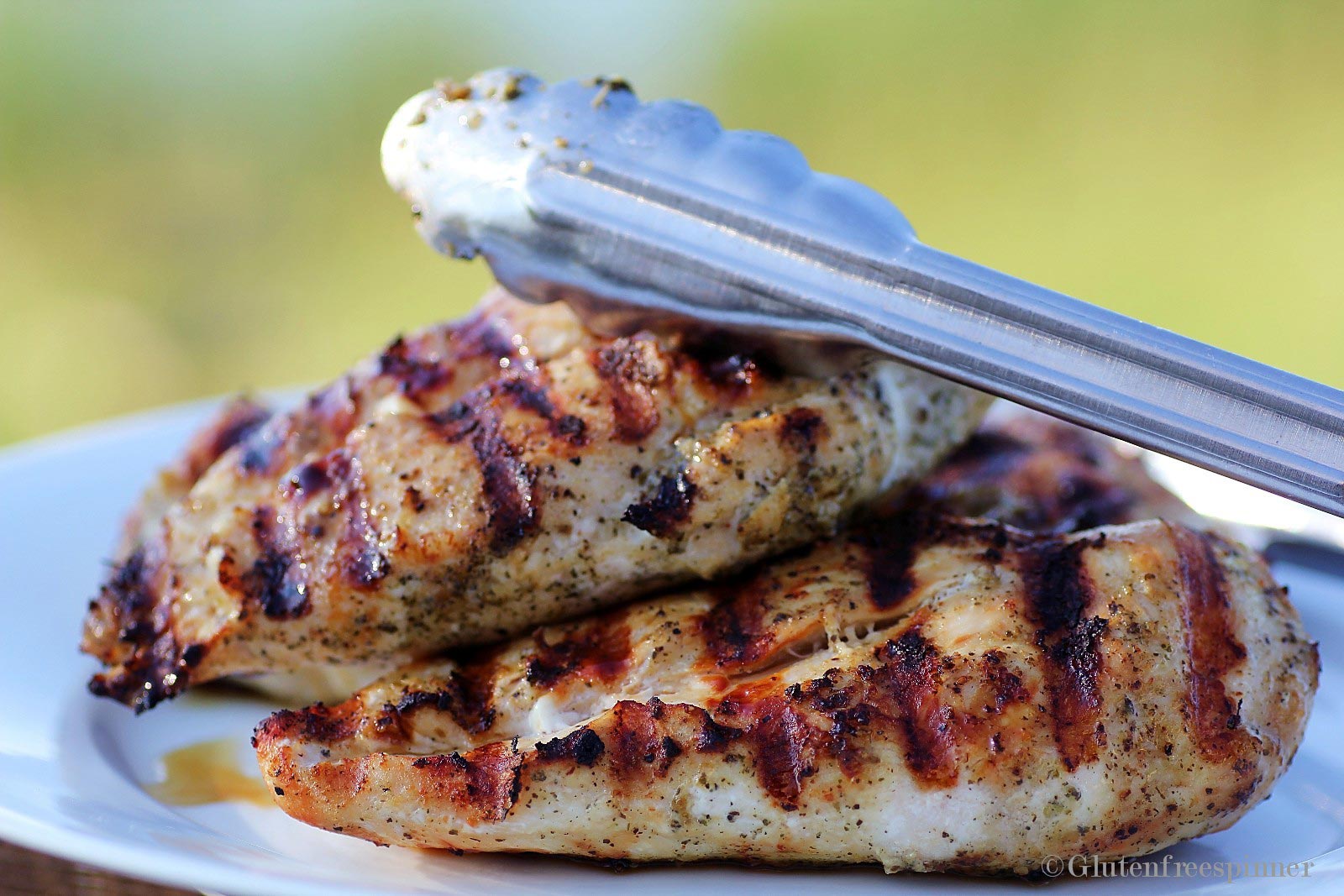
Poultry should be a staple of any omnivore’s protein plan. It contains far less saturated fat than many other cuts of meat, and still contains 30 grams of protein per breast. Opt for white meat whenever possible to keep your calorie count down, Elango says.
Whole Grains
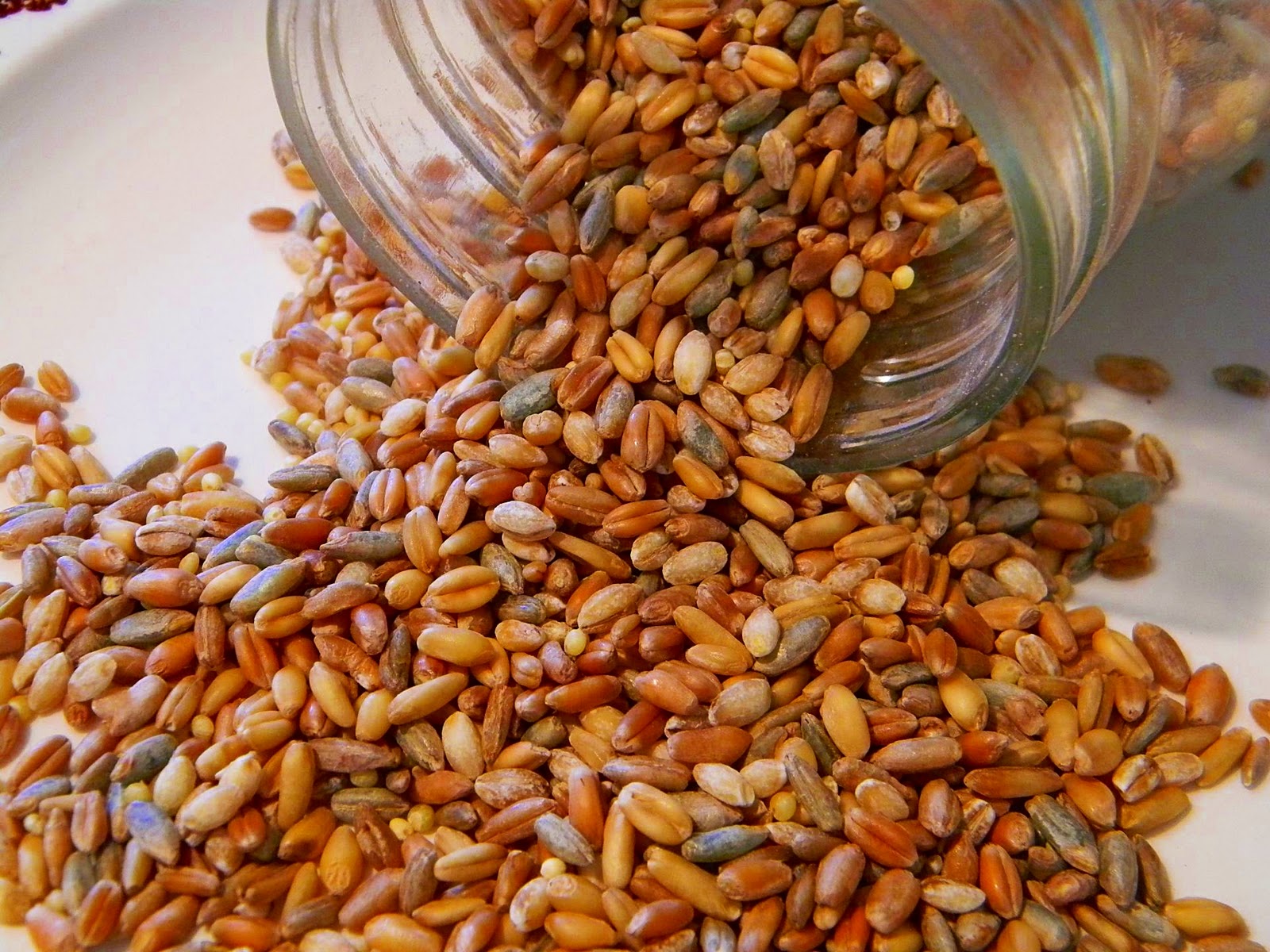
These heart-healthy grains contain more protein than complex carbs (which are vital to your fiber intake, heart health and weight-loss success). Among the best sources are quinoa, bulgur and freekeh, White says. All contain 6 or more grams per cooked cup, and quinoa is actually one of the few “complete” plant-based proteins out there, meaning it contains all of the nine essential amino acids.
Fish
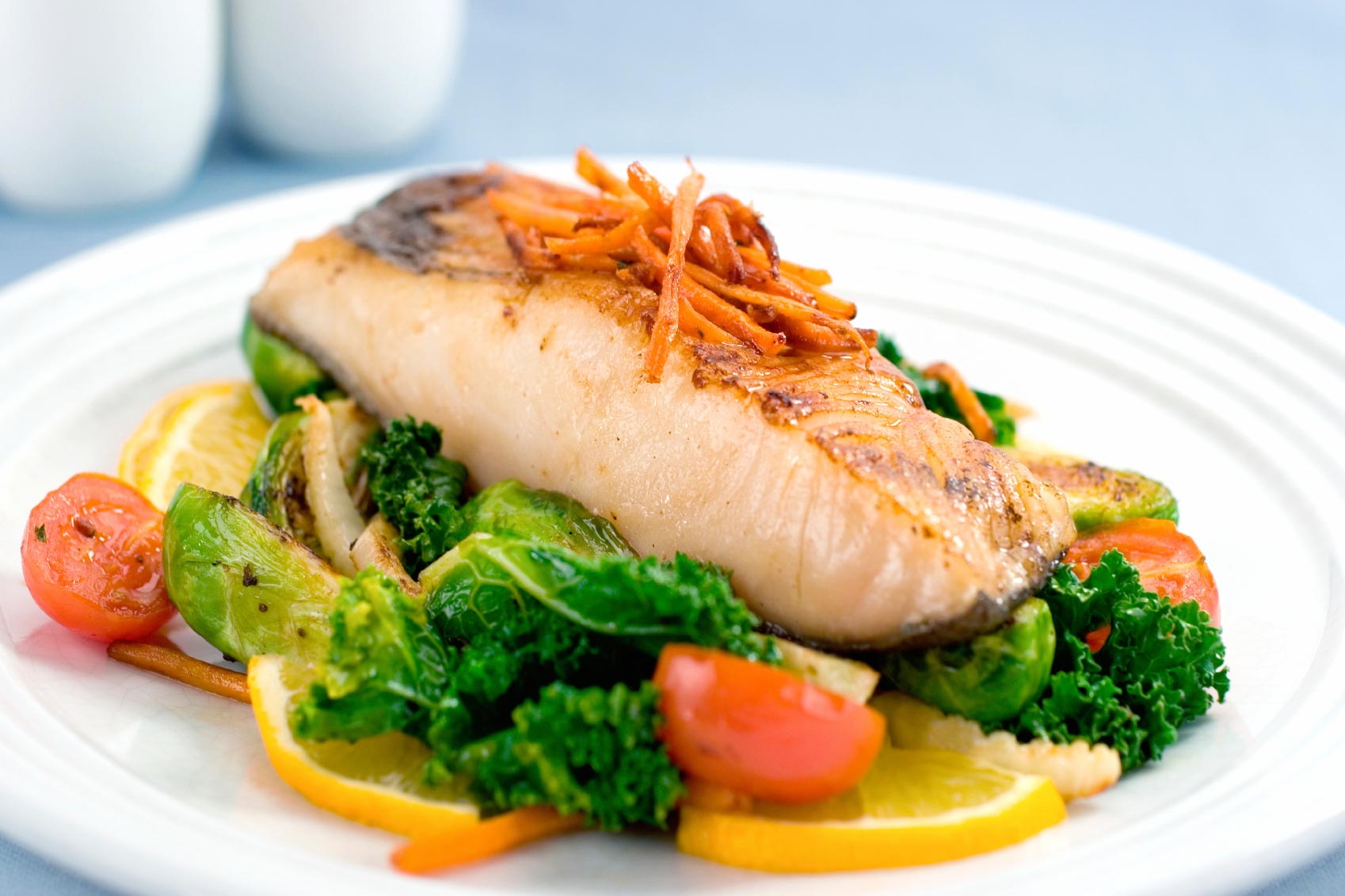
“Low in calories and high in value, fish is an excellent source of omega-3 fatty acids promoting heart health and stabilizing moods,” Taub-Dix says. Plus, they help keep your brain from shrinking as you age, per a 2014 American Journal of Preventive Medicine study. Among the healthiest sources: salmon and tuna. A 3-ounce serving of salmon will score you 17 grams of protein with 6.5 grams of unsaturated fatty acids. And tuna is a straight-up protein powerhouse, with 25 grams in just 3 ounces. Plus, if you’re trying to cut calories, it’s actually leaner than salmon, containing only 5 grams of total fat (both saturated and unsaturated). Study researchers recommend eating fish twice a week, baked or broiled.
Legumes
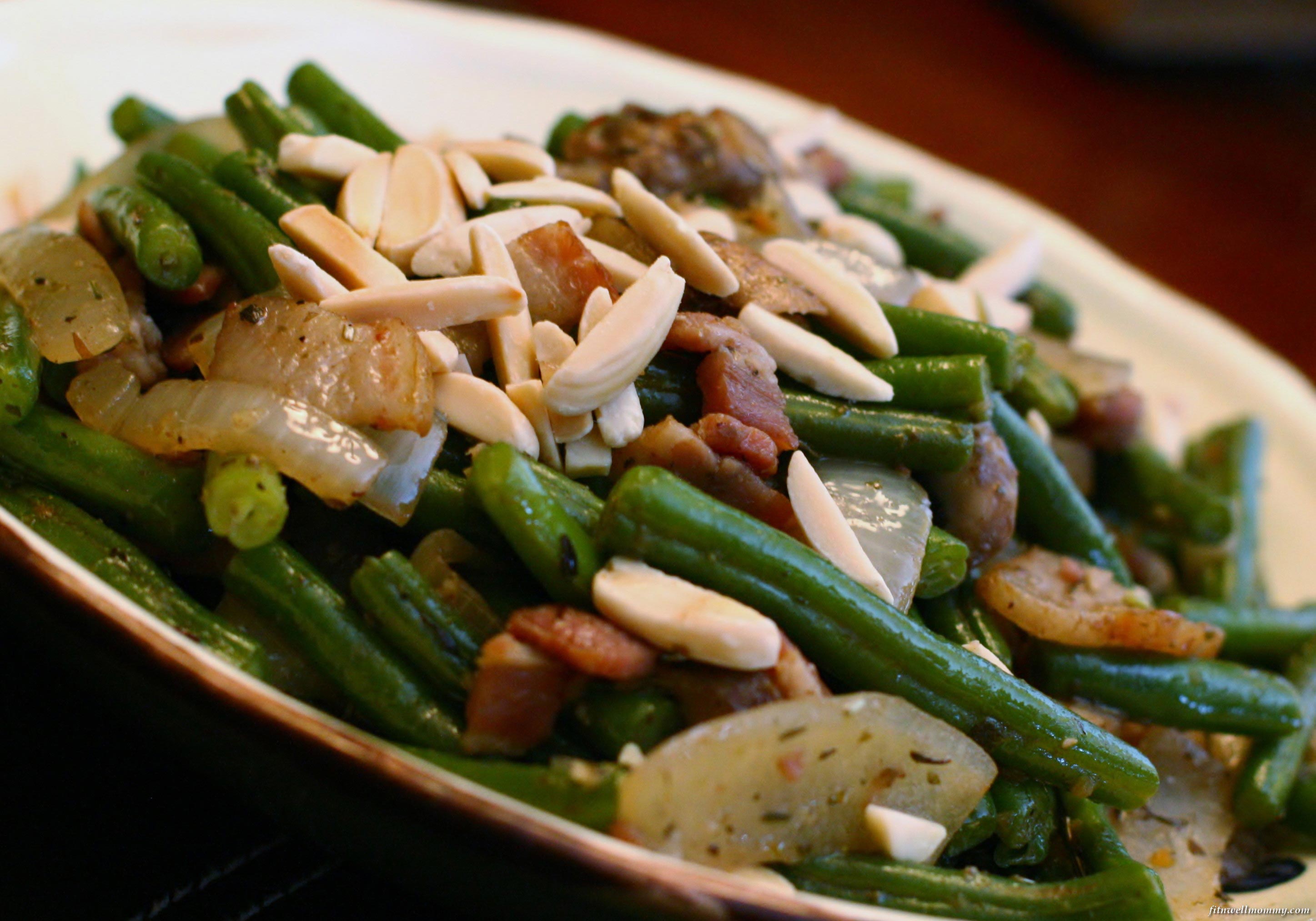
These guys are as rich in protein as they are in heart-healthy fiber. Plus, they’re solid sources of B vitamins, according to Elango. Opt for beans, lentils, soybeans (edamame) and peas. Even peas contain 8 grams of protein per cup. Impressive, no?
Greek Yogurt
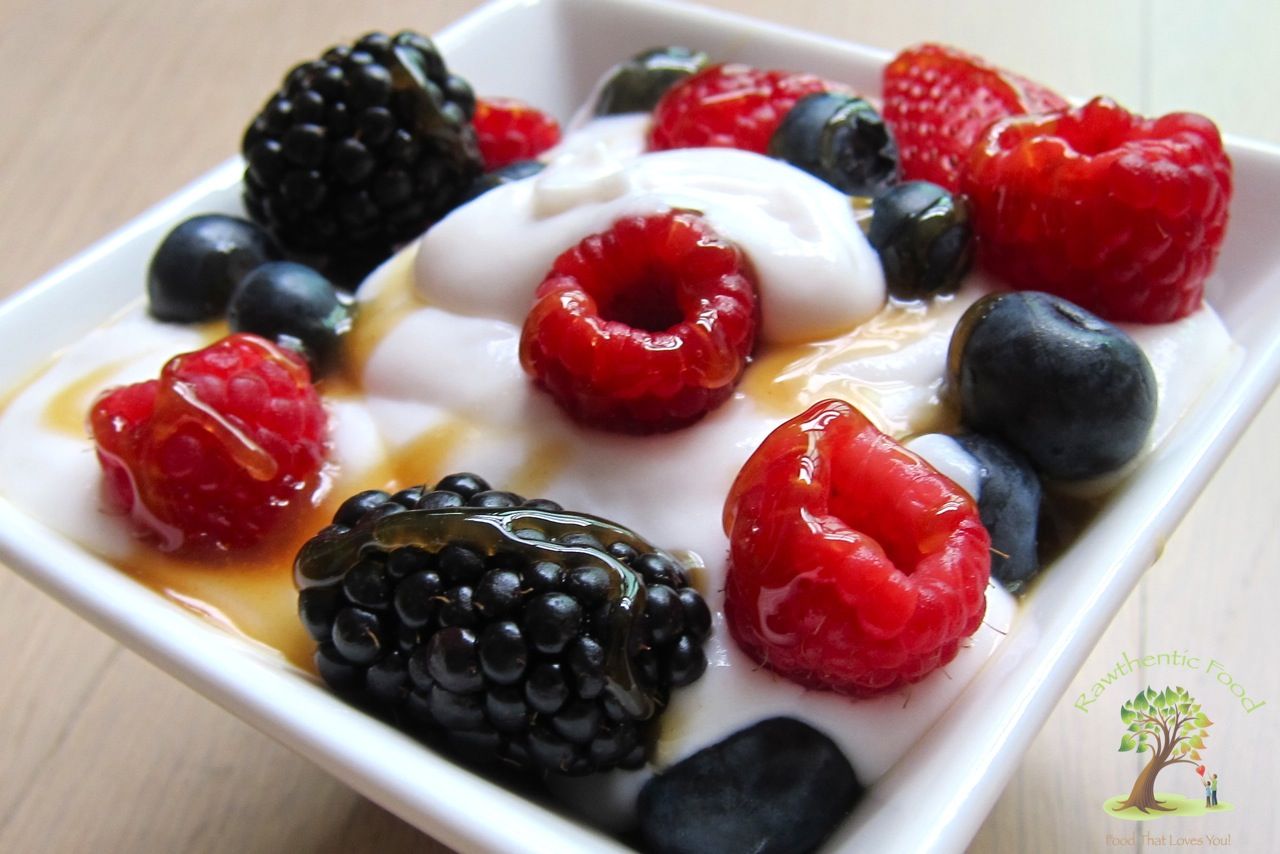
Perfect for breakfast, snacks or as an ingredient in just about anything, plain, nonfat Greek yogurt contains 17 grams of protein per serving. In case you were wondering, going fat-free won’t cut down on how much protein your yogurt contains. “Plain is your best option as fruit flavors can pack in loads of sugar,” White says.
Nuts
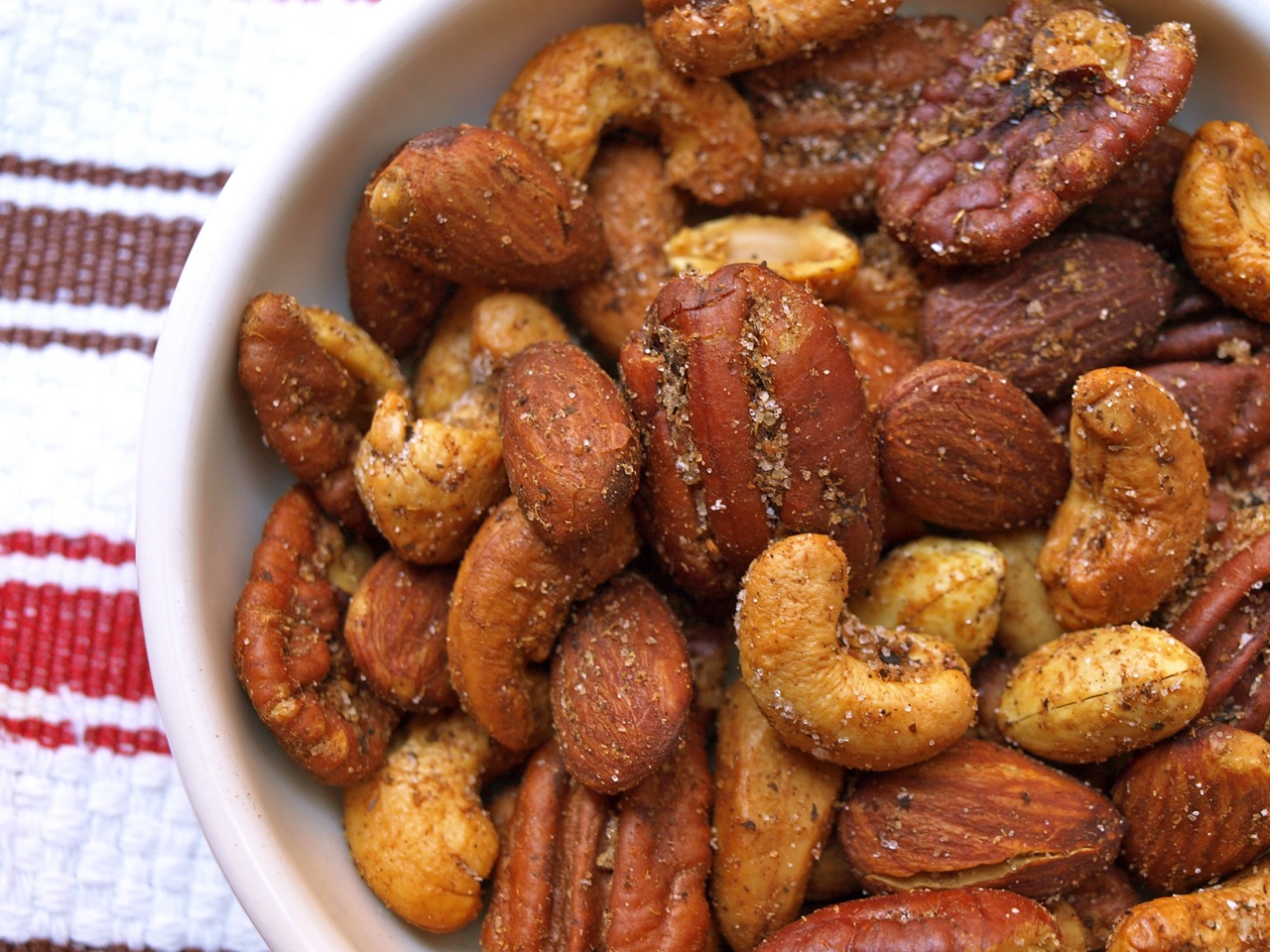
They are known for being rich in healthy unsaturated fatty acids, but they’ve also got a lot of protein going on. Plus, people who eat a handful of nuts per day are 20 percent less likely to die from any cause compared to those who don’t eat nuts, according to a 2013 New England Journal of Medicine study.
Leafy Greens
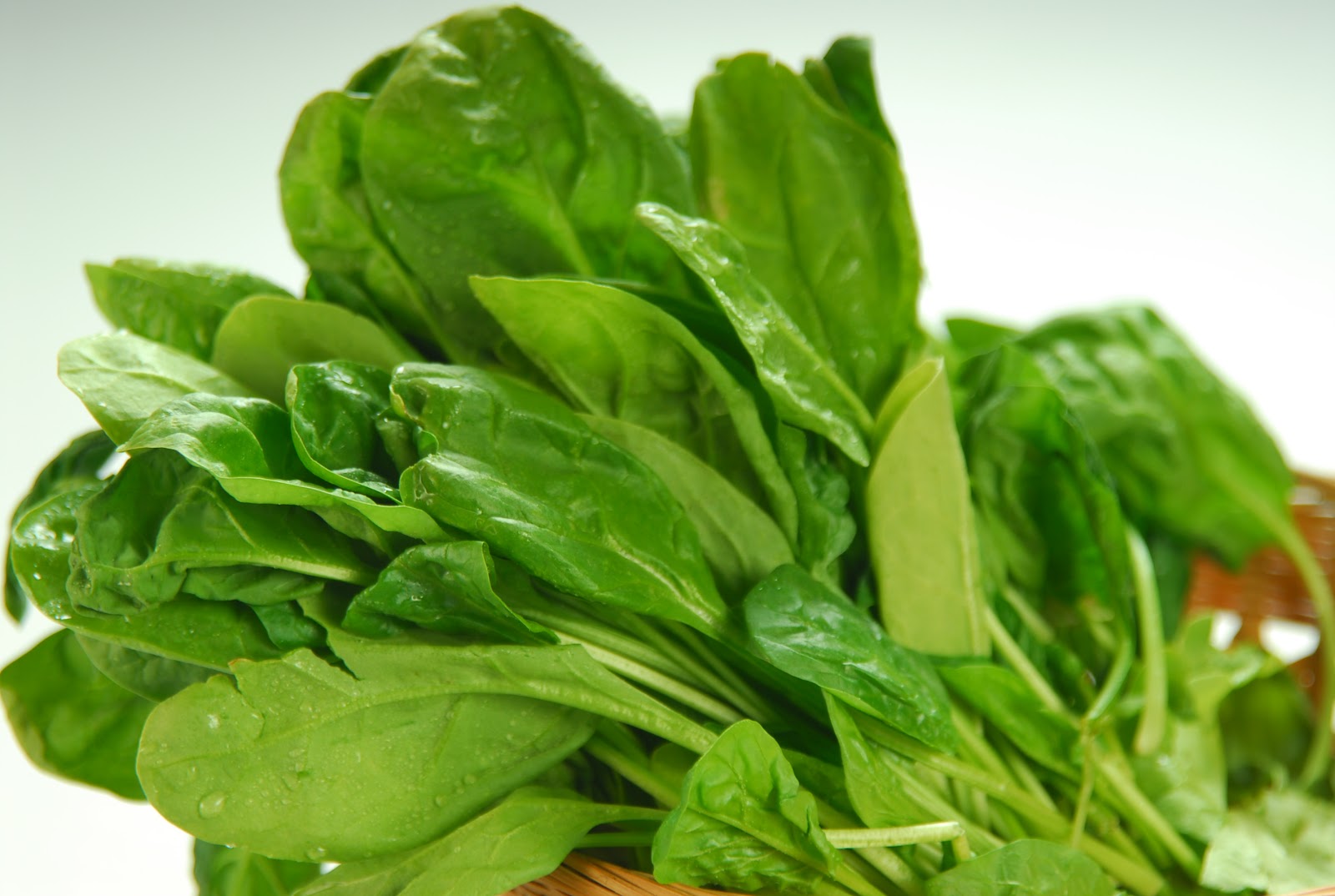
Calorie for calorie, kale, collard greens and other leafy greens are surprisingly rich in protein. For instance, a 70-calorie serving of spinach contains about 10 grams of protein. While greens don’t contain all of the amino acids you need, pairing them with beans and legumes can help make them “complete” with the nine essential amino acids.
The Best Protein You Can Eat originally appeared on U.S. News & World Report.






